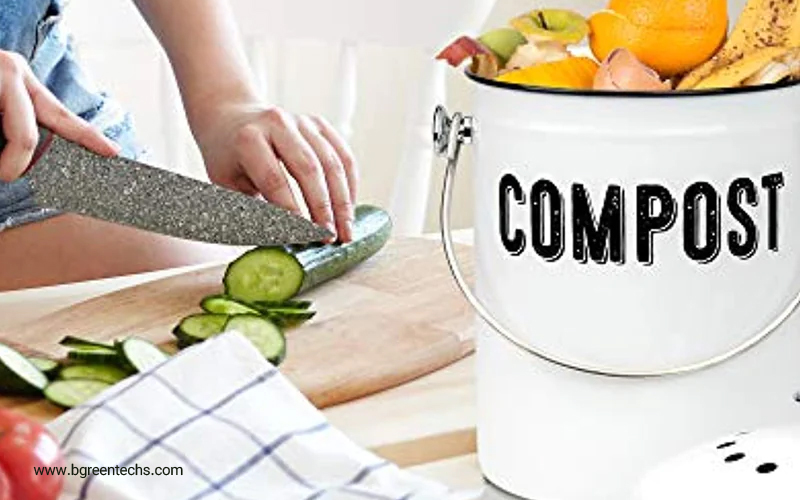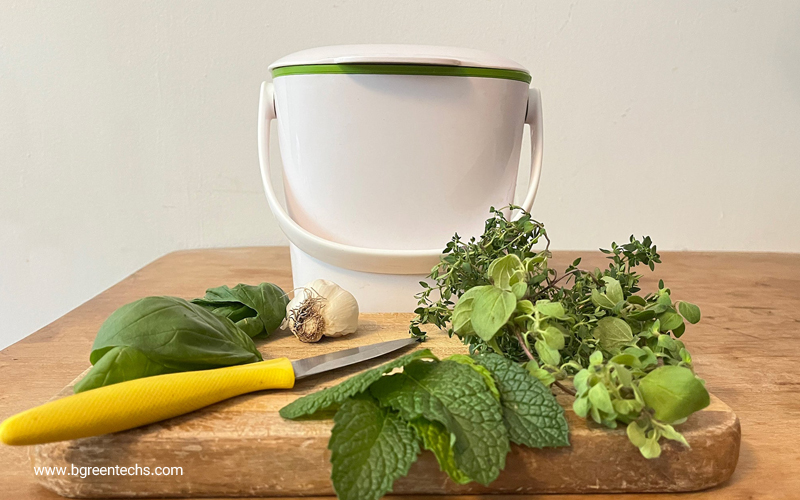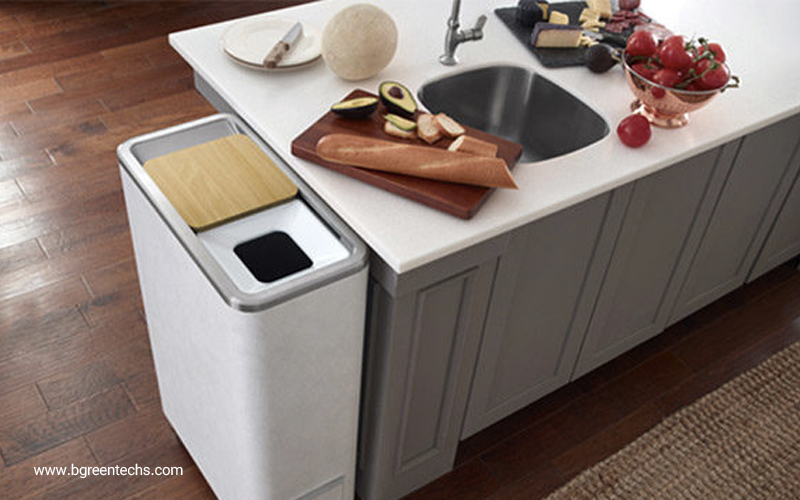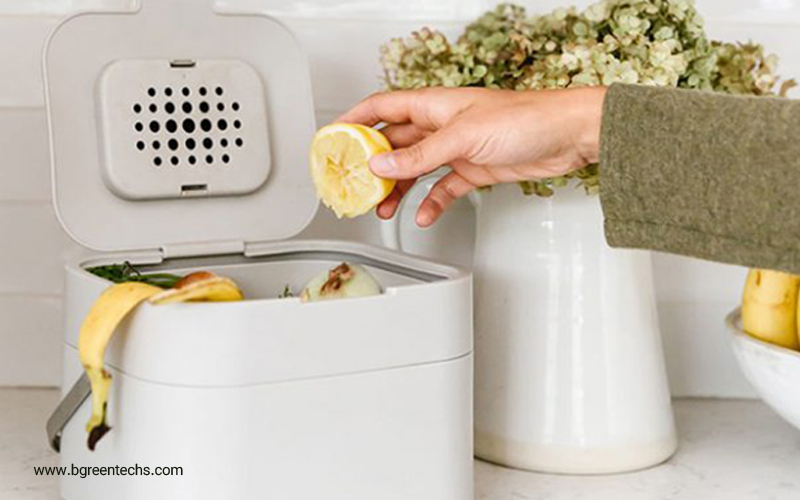Creating nutrient-rich soil for plants and reducing food waste are two big benefits of composting. Indoor Composting might, however, seem like a difficult undertaking for people who live in flats or limited places. There are numerous methods for composting food waste in apartments that do not require a backyard or a sizable outside area, so do not be alarmed.
Indoor Composting
The most practical approach to composting in apartments is indoor composting. There are several possibilities:
Worm Composting
Add worms for hassle-free flat indoor composting! Worm composting is ideal for eco-urban living since it is small, requires little upkeep, and, when everything runs well, doesn’t emit any unwanted odors.
You may buy worm bins already formed or create your own by drilling drainage holes in the bottom and air holes in the top of a plastic container.
The following are the fundamentals of utilizing a worm bin:
- Add a layer of straw, cardboard that has been broken into pieces, or shredded paper,
- Gently spritz the material with water,
- Welcome your new squirmy companions (red wigglers are appropriate for the purpose and are available online),
- Then give them food waste from your kitchen.
The worms will consume your food waste and convert it into nutrient-rich castings to nourish your plants.
Bokashi Composting
With the exception of bones, bokashi composting is an indoor technique that efficiently breaks down food waste without the need for additives like shredded paper or dry leaves. Start by adding bran on top of food scraps in a bucket. Fill the bucket with alternate layers, then put it somewhere away from heat. Every other day, open the spigot to release the bokashi tea, which may be diluted and given to indoor plants. The food wastes ferment into pre-compost after 10 to 14 days, which can subsequently mature into compost and improve the soil.
Electric Kitchen Composters
A high-tech electric composter could be more your style if you aren’t keen to share your space with any of the composting choices we’ve looked at so far. For those who find it difficult to imagine allowing food to rot in their homes, this contemporary composter is ideal. Within hours, it transforms food leftovers into something like compost! For the fastest results, electric composters heat and grind organic wastes rather than depending on microorganisms to break them down.
The drawbacks of electric composters include the fact that they require power to operate, are more expensive than other composters, and do not generate live compost that is teeming with microorganisms.
Community Composting
For individuals who lack the time or space for indoor composting, community composting is a fantastic alternative. Nowadays, many towns have community composting initiatives where citizens may dispose of their food waste at specified sites. In order to create nutrient-rich soil, the collected food waste is processed in a central composting facility.
If community composting is not offered by your city, you could choose to create one with your neighbors or a nearby nonprofit. This may be a fantastic approach to promoting community and lessening food waste.
Outdoor Composting
For apartment residents looking to save waste and benefit the environment, outside composting is a quick and easy solution. You may compost food waste, yard waste and paper goods in a small bin on a terrace or patio. Tumblers and ventilation systems are only two of the several kinds of bins that are available. To make sure outdoor composting is legal in your community, it’s vital to verify with your landlord or the local authorities.
Composting Services
Use a composting service if you can’t compost inside or outside. Nowadays, many communities provide composting services where citizens may pay a fee for having their food waste gathered and turned into nutrient-rich soil.
For individuals who lack the time or space for composting, these services might be a terrific alternative. Additionally, they assist regional companies and strive to prevent food waste.
Conclusion
Sustainable living in apartments is critical. Using the appropriate tools and techniques, composting food waste in apartments is feasible. Residents who wish to follow food waste reduction and produce nutrient-rich soil have a lot of fantastic alternatives, including community composting, indoor composting, composting services and outdoor composting. A composting programme should always be discussed with your landlord or the local authorities.




